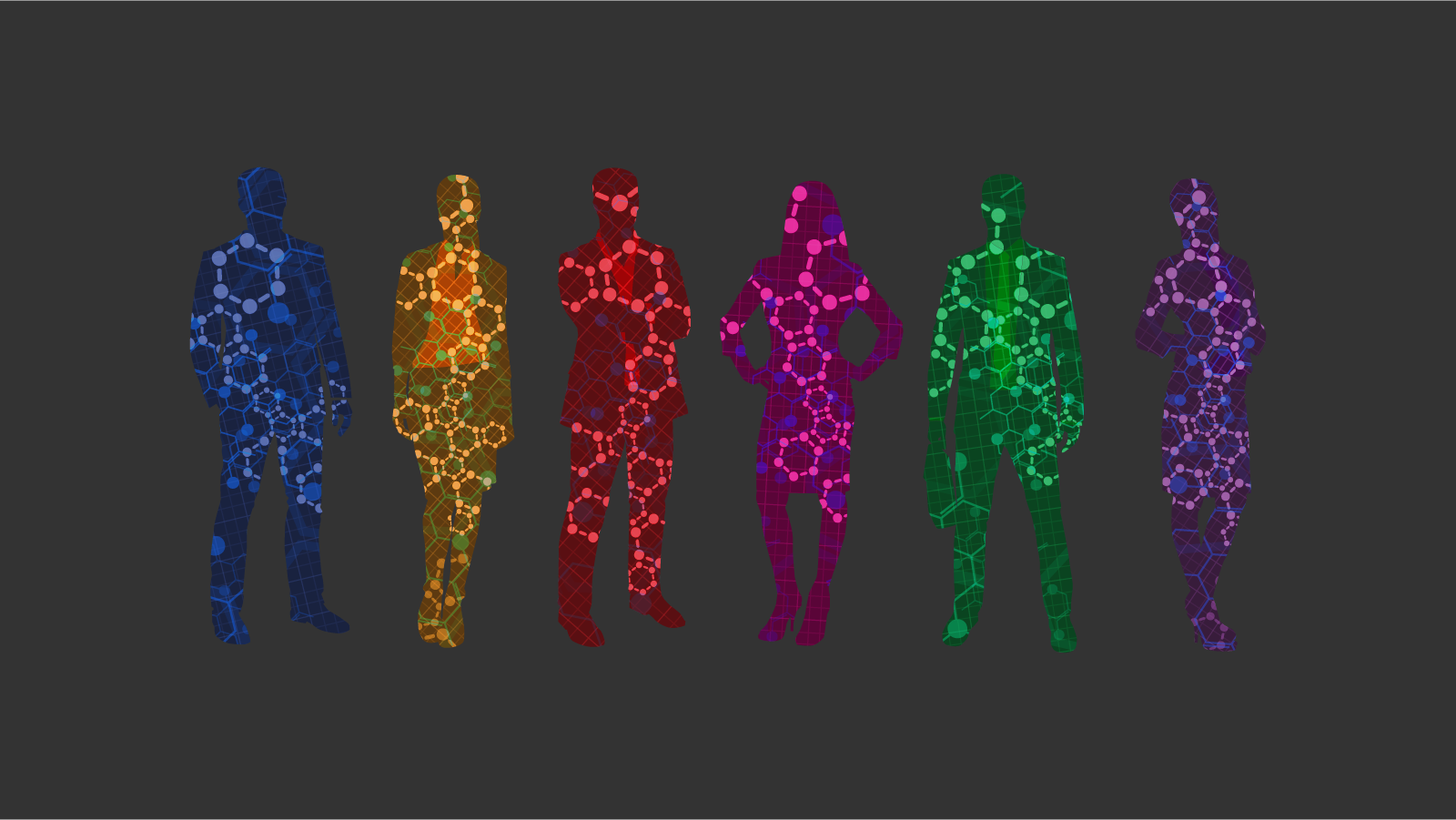Both supplements of L-tryptophan and 5-HTP have been used in the treatment of depression, but the use of 5-HTP may offer the advantage of bypassing the conversion of L-tryptophan into 5-HTP by the enzyme tryptophan hydroxylase, which is the rate-limiting step in the synthesis of serotonin. Tryptophan hydroxylase can be inhibited by numerous factors, including stress, insulin resistance, vitamin B6 deficiency, and insufficient magnesium... Moreover, 5-HTP easily crosses the blood–brain barrier, and unlike L-tryptophan, does not require a transport molecule to enter the central nervous system (Green et al., 1980; Maes et al., 1990). Besides serotonin, other neurotransmitters and hormones, such as melatonin, dopamine, norepinephrine, and beta-endorphin have also been shown to increase following oral administration of 5-HTP. All of these compounds are thought to be involved in the regulation of mood as well as sleep and may represent mechanistic pathways stimulated by 5-HTP administration.

